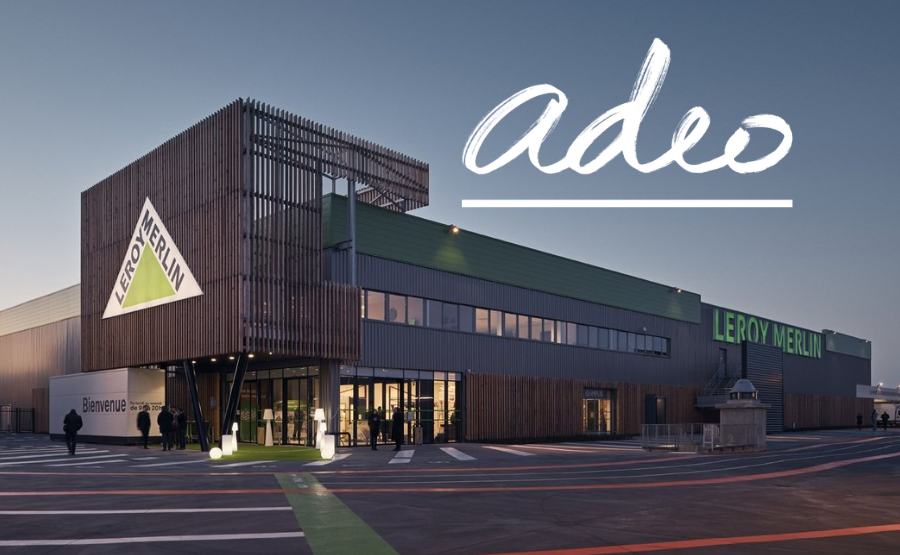Clear and precise product sheets are essential for delivering a great customer experience and ensuring the performance of an e-commerce site. ADEO, the parent company of Leroy Merlin, is integrating artificial intelligence (AI) to transform its product data management processes, which had become too complex and time-consuming. From collecting supplier information to enriching product attributes, each step is being redesigned to gain fluidity, speed, and accuracy.
These insights were shared by Anthony Pierson, Digital Domain Leader at ADEO Service, François Crépin, Digital Product Leader at Incubate Conseil, and Guillaume Léger, Partner & Product Lead at Artefact, during the Tech for Retail trade show.
Watch the conference Tech for Retail
The challenge: Ending time-consuming and error-prone processes
At ADEO, product data management had become too complex. Suppliers, the main contributors, and the central teams of the brands most often manually filled in product information.
As a result, the product data provided was often incomplete or inconsistent (wrong category, missing or incorrect attributes), while employees spent significant time manually correcting the information. The end customer therefore faced a difficult or even inconsistent search and navigation experience.
These inefficiencies have direct consequences:
- Significant revenue loss: Incomplete product sheets can reduce e-commerce conversions by up to 50%.
- Damage to brand image: Nearly 87% of online users lose trust in a brand when product content is deemed unsatisfactory.
“For customers to easily find our products and benefit from relevant information, the data must be complete and of high quality. Any error or omission in data processing is paid for immediately.”
Anthony Pierson, Digital Domain Leader at ADEO
The solution: AI at the service of product data
After successful initial tests on a limited but significant product scope, ADEO has taken the next step: collecting raw supplier data and structuring it using artificial intelligence, integrated directly into the product registration process. The Group partnered with Artefact to develop solutions capable of automating product classification and attribute extraction.
1. Automatic product classification
ADEO’s rich and complex data structure is organized across three levels:
- Product categories: 3,600 distinct categories.
- Product attributes: An average of 50 to 60 characteristics per product, selected from a library of 11,000 attributes.
- Associated values: Over 85,000 values across all attributes.
To improve user experience, the first step is to enable AI to automatically classify product data using machine learning.
How? The algorithm, a fine-tuned DistilBERT model trained on certified product data, analyzes titles and descriptions provided by suppliers to identify the product category among the 3,600 possible options.
Each category is assigned an algorithm trust score, based on past measured performance, which determines the appropriate level of automation:
- High confidence scores result in automatic classification passed directly to an employee for validation.
- Intermediate scores are semi-validated: Products are pre-selected automatically, but data verification remains manual.
- Low scores require full employee intervention.
“About 32,000 predictions were made by the algorithm, over 20,000 of which were fully automated. We achieved over 96% accuracy, with an error rate of 3.6%. In comparison, human error rates hover around 8%.”
François Crépin, Digital Product Leader at ADEO
2. Automated attribute extraction
After classification, AI automatically extracts key product attributes such as color, material, and dimensions. This extraction is also based on raw supplier data, guided by classification. This step uses a version of Gemini, the flagship LLM developed by Google Cloud.
Each prediction undergoes a self-verification step, where an LLM judges if the predicted attribute is relevant. After this, users can validate or reject the algorithm’s extraction. This approach ensures accurate values while maintaining a streamlined process for suppliers, who remain responsible for the information provided.
Concrete and encouraging results: Accuracy, adoption, conversion
After multiple iterations on attribute extraction, the arrival of generative AI has significantly reduced error rates and delivered strong results, accelerating solution adoption:
- Increased accuracy: 63% of products now achieve precision greater than 96%.
- Efficient automation: Data processing is automated with a 35% reduction in errors.
- Accelerated adoption: Processing is streamlined, allowing internal teams to focus on higher value-added tasks.
- Commercial impact: Enriched and reliable product sheets improve online conversion rates.
“The close collaboration between ADEO and Artefact brought together all data, business, and product expertise around a small initial scope, rigorously measured, to convince the organization and enable deployment today across other group subsidiaries.”
Guillaume Léger, Partner at Artefact
Key success factors of this collaboration:
This success is based on several essential levers:
- Proactive change management: Throughout development, employees participated in AI awareness sessions to ensure adoption and facilitate integration of new practices.
- Targeted MVP (Minimum Viable Product) approach: Focusing first on a limited scope allowed rapid iterations, demonstrating value to the entire organization before refining solutions and improving performance.
- Industrialized AI evaluation: Significant time was invested in a rigorous, largely automated evaluation process to ensure the long-term relevance of results.
- A hybrid, multidisciplinary team: The project brought together AI experts, AI-focused product owners, and business and IT teams.
Artefact contributed expertise from the start by deploying AI specialists on technological and product aspects alongside ADEO’s business and IT teams, both at the Group and subsidiary levels internationally.
What’s next? Future steps
Building on this success, ADEO plans further innovations to continue enhancing customer experience and optimizing its product catalog, such as:
-
- Enriched product documentation, designed to support customers more comprehensively.
- Creation of studio-like visual content for more attractive and consistent product sheets.
- Semi-automated product diagnostics for after-sales service to strengthen long-term customer satisfaction.

 CLIENT CASES
CLIENT CASES





